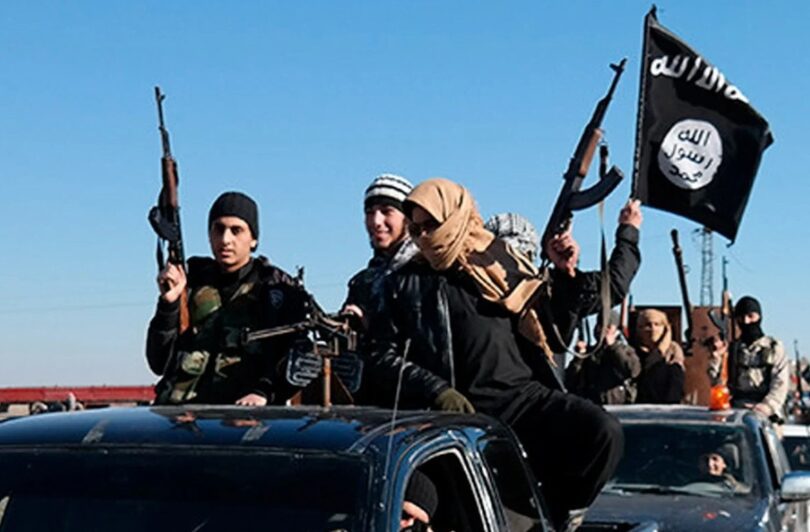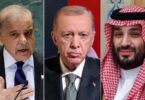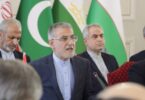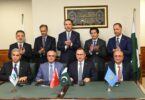There have been reports of Pakistan as well as elements within its security establishment of having forged a covert alliance with the Islamic State’s Khorasan Province (ISKP). There has been a convergence of leaked intelligence dossier, investigative reports supported by the testimony from a former Tehreek-e-Taliban Pakistan core commander, Ehsanullah Ehsaan which back the claims. Together, these sources describe an alleged effort to merge or coordinate the operations of Lashkar-e-Taiba (LeT) and ISKP in Pakistan’s southwest.
All the evidence gathered offer a coherent case that Pakistan’s deep state has actively repurposed the militant networks to serve state objectives in Balochistan, Afghanistan and beyond.
The core claim
Pakistan’s Inter-Services Intelligence (ISI) and associated proxies have taken steps to merge or coordinate Lashkar-e-Taiba (LeT) operational capabilities with ISKP cadres and infrastructure. This has led to a state tolerated activities facilitated by ISKP-LeT axis to pursue Pakistan's strategic interests in Balochistan, Afghanistan and Kashmir. The state actors have ISKP and allied groups as deniable proxies.
A leaked intelligence dossier published by major regional outlets
In October 2025 Indian and regional outlets published an “intelligence dossier” — reporting detailed by NDTV and picked up by other outlets. The report alleges that the ISI engineered and funded a LeT–ISKP partnership in Balochistan, describing joint training, shared camps, and directed operations against Baloch separatists and cross-border targets. Those articles include specific operational claims (locations, named individuals, alleged meetings) that, if authenticated, would prove the active facilitation by Pakistan’s security apparatus.
The intelligence dossier with concrete names, dates and logistics once officially verified would reveal more than ad hoc cooperation displaying an organized, state-level orchestrated effort.
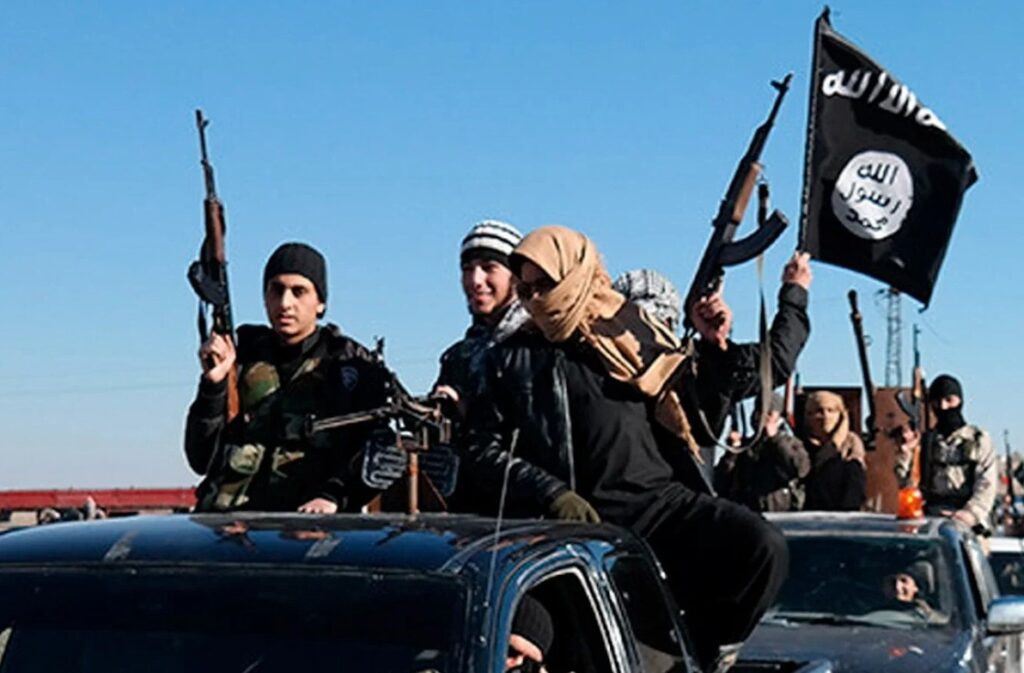
Direct testimony from a former insider: Ehsanullah Ehsan
Ehsanullah Ehsan, a former spokesman for Tehrik-e-Taliban Pakistan (TTP) and Jamaat-ul-Ahrar, in an interview told IANS in August 2025 that Pakistani institutions had “brought [Lashkar-e-Taiba] and other outfits together under the ISIS-K banner to utilise them as a proxy force in both Balochistan and Afghanistan.” He alleged that the LeT was being “absorbed into ISIS-Khorasan” and that organisations under the ISIS title were carrying out attacks that served Pakistan’s strategic interests and objectives.
Corroborating reports and pattern matching
Multiple news outlets and analysts have documented an increase in ISKP activity and a reported re-emergence of LeT elements in regions (Mastung, Khuzdar, parts of Balochistan) where both groups were not previously highly coordinated. Regional reporting notes photographs, movement of commanders, and shifts in targeting (attacks on Baloch separatists as well as cross-border operations) consistent with an arranged tactical partnership.
On basis of previous patterns Pakistan has used deniable non-state actors as instruments of policy. The substitution of LeT capabilities into ISKP structures would be consistent with a strategy to have plausible deniability while achieving kinetic objectives.
ISKP’s presence and adaptability in the region
ISKP remains a resilient, adaptive regional actor with the capacity to exploit patronage, local fractures, and operational safe havens. Whether independent or assisted, ISKP’s footprint in South Asia draws attention from actors seeking deniability and reach.
Pakistan simultaneously participates in international counter-terrorism cooperation and has publicly taken action against ISKP in some cases, however a covert deal would be difficult to be verified through open sources etc. Logically an overall “alliance” should be comprehended as potentially partial, compartmentalised, or driven by specific factions rather than uniform national policy. However, this can be contested given the developments in Pakistan.
Pakistan has historical practice (documented in many scholarly works) of employing proxies to project influence in contested areas. That institutional pattern makes the alleged ISI-ISKP instrumentalization plausible.
Also, photographs, commander movements, and shifts in targeting reported by journalists are consistent with organised cooperation rather than random contacts.
Key references:
NDTV reporting on the intelligence dossier alleging ISI-engineered LeT–ISKP link.
Times of India reporting on the alleged LeT–ISKP alliance in Balochistan.
IANS interview with Ehsanullah Ehsan (Aug 2025) — Ehsan’s claims about ISI regrouping LeT under ISKP.
Independent background on ISKP’s regional presence and adaptability.
More on ISIS-K related topics:
Fighting Terror: https://www.thestrategicperspective.org/fighting-terror/
Re-emergence of AQIS poses a threat in the Indian subcontinent: https://www.thestrategicperspective.org/aqis-the-reemerging-threat-in-the-indian-subcontinent/
Donald Trump and Islamic Terrorism: https://www.thestrategicperspective.org/donald-trump-and-islamic-terrorism/
Pahalgam Terror Attack: https://www.thestrategicperspective.org/pahalgam-terror-attack/
Policy Analysis: Pakistan–Taliban Relations and the October 2025 Ceasefire — Strategic Fracture or Diplomatic Reset? https://www.thestrategicperspective.org/policy-analysis-pakistan-taliban-relations-and-the-october-2025-ceasefire-strategic-failure-or-diplomatic-reset/
Turkey Extends Syria and Iraq Military Mandate to 2028: https://www.thestrategicperspective.org/turkey-extends-syria-and-iraq-military-mandate-to-2028/


